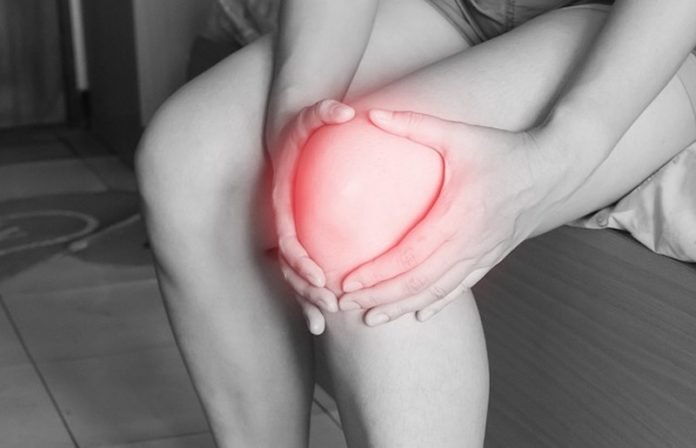
Stiffness, aches and pains are often associated with changes in weather, especially the falling temperatures of winter.
Understanding why certain people react to weather changes and others do not is unclear, but there are several steps you can take to be more comfortable and reduce your risk when the weather turns cold.
Why does the cold cause pain and stiffness?
There is no one explanation for why dropping temperatures affect your joints.
One theory relates to drops in barometric pressure, which cause tendons, muscles and the surrounding tissues to expand.
Because of the confined space within the body, this can cause pain, especially in joints affected by arthritis.
Are some people more susceptible than others?
Everyone’s body reacts to fluctuating barometric pressure, but people with arthritis and those with chronic pain are more vulnerable to feeling discomfort.
Also, bad weather can affect people’s moods; if you are sad or depressed, the perception of pain can be magnified.
When should I consult a doctor?
If you experience any unusual or new symptoms with your joints—such as persistent swelling, redness, difficulty putting pressure on, or using, the joint—it’s a good idea to consult your physician.
If you have consistent or severe pain that becomes disabling, seek medical care right away.
Reduce your risk for joint pain
Ease the shock of cold weather on your body by dressing in layers to stay warm.
Build up muscle and bone strength through exercise. This reduces pressure on your joints, so they are less prone to injury.
Maintain a healthy weight to decrease stress on your joints, especially your knees.
Avoid unnecessary strain on your joints during daily activities.
Apply heating pads to painful areas. Heat helps relax your muscles.
Get up, walk around and be active indoors and outdoors. Stretch before going outside to loosen stiff joints. Staying active in the winter keeps your muscles and joints healthy.
Get a good night’s sleep, eat a healthy diet and keep a positive outlook.
Written by Kenneth Chakour.



